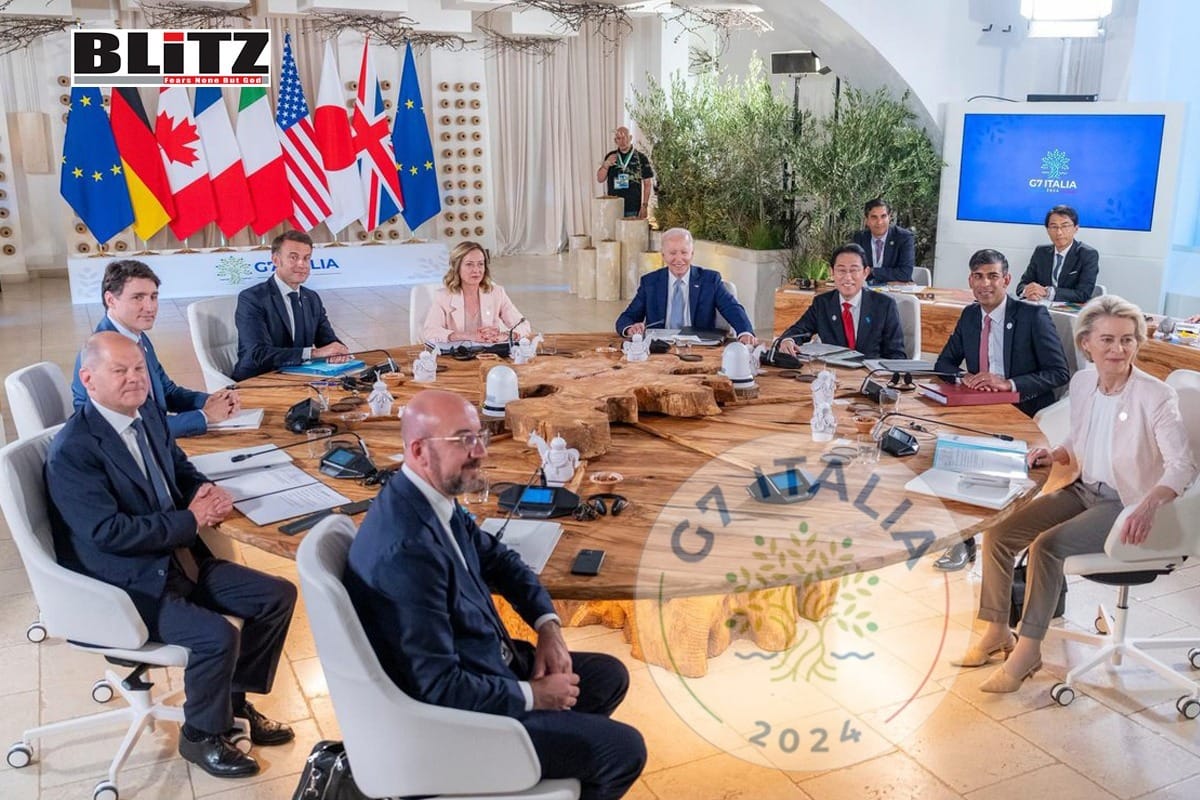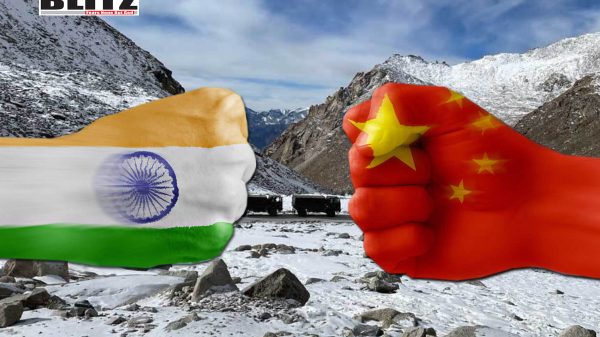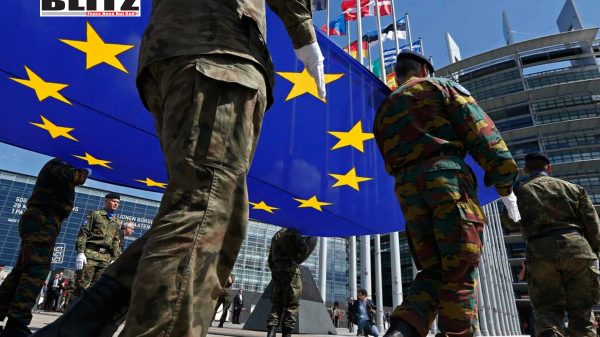G7 Summit addresses global crises and strategic alliances
- Update Time : Tuesday, June 18, 2024

The Group of Seven (G7) was originally established in the 1970s amid global economic instability to monitor and manage developments in the world economy. However, its role as a geopolitical lynchpin has long been essential, a function highlighted prominently at the recent summit in Italy. The summit underscored the G7’s capacity to address urgent global issues, with Ukraine’s deteriorating situation taking center stage.
Ukraine dominated the summit’s agenda, reflecting the heightened urgency of its ongoing conflict with Russia. German Foreign Minister Annalena Baerbock described the situation in Ukraine as having “deteriorated dramatically,” underscoring the critical need for increased international support. Ukrainian President Volodymyr Zelensky made a poignant appeal for urgent and enhanced assistance from the West, emphasizing the immediate threats his country faces.
Several significant security agreements were forged with Kyiv, the most notable being a 10-year bilateral agreement with the United States. This agreement is viewed in the West as a pivotal step for Ukraine on its potential path to NATO membership. The commitments include extended aid in military training, intelligence sharing, and economic assistance, signifying a robust long-term support plan for Ukraine’s defense and stability.
This agreement builds on a recent, unexpected policy shift by U.S. President Joe Biden, who succumbed to international pressure to allow Ukraine to use U.S.-made weapons to strike Russian territory for the first time. Previously, the U.S. policy strictly prohibited Kyiv from deploying long-range missiles to hit targets inside Russia. The current change, although limited to counterattacks in Kharkiv, marks a significant shift and could foreshadow further adjustments depending on the conflict’s progression.
In addition to security measures, the G7 agreed on a substantial $50 billion loan to Ukraine, funded by profits from $300 billion in frozen Russian assets held in the West. This financial move aims to boost Ukraine’s economic resilience and has been met with strong condemnation from Moscow.
The summit also saw broader diplomatic efforts to garner support from the Global South for Ukraine. Italian Prime Minister Georgia Meloni extended invitations to key emerging market leaders, including Argentina’s President Javier Milei, Brazil’s President Luiz Inacio Lula da Silva, Turkish President Recep Tayyip Erdogan, UAE President Mohamed bin Zayed Al-Nahyan, Indian Prime Minister Narendra Modi, and South African President Cyril Ramaphosa. This inclusive approach reflects a strategic attempt to build a more united international front against Russian aggression.
Beyond Ukraine, the G7 also addressed the escalating crisis in Gaza. The group expressed strong public backing for a U.S.-brokered ceasefire deal outlined by President Biden. This proposal calls for an immediate ceasefire, the release of all hostages, and a substantial increase in humanitarian aid for Gaza. The G7’s unified stance on this issue underscores its commitment to addressing humanitarian crises and fostering peace in conflict zones.
China’s economic strategies were another critical topic at the summit. U.S. Treasury Secretary Janet Yellen advocated for a “strategic and united” response to China’s significant investments in sectors like electric vehicles, solar products, semiconductors, and steel. Yellen emphasized the need to keep Western firms competitive in these key areas, calling for the G7 to build a collective opposition to China’s economic maneuvers.
This call for unity follows recent actions by the Biden administration, which announced new tariffs on Chinese electric vehicles, batteries, solar panels, and other products. These measures, set to take effect on August 1, are complemented by similar tariffs imposed by the European Union on Chinese electric vehicles. The coordinated response signals a robust transatlantic effort to counteract what is perceived as China’s unfair trade practices.
While some international observers were skeptical about the potential outcomes of this G7 meeting, the agreements reached on Ukraine and other key issues may prove significant. Historically, the G7 has demonstrated its ability to tackle major global challenges effectively, especially during times of crisis. Its foundation in 1975, in the aftermath of geopolitical and economic shocks, highlights its capacity for decisive action during turbulent times.
Back then, the G7 played a crucial role in managing the world’s most important exchange rates and integrating Japan into the Western policymaking community. Today, a similarly farsighted approach is required to align more closely with leaders from the Global South, enhancing global governance and cooperation.
The recent Italian summit could be particularly noteworthy as it might be the last G7 meeting of Biden’s presidency. The prospect of former U.S. President Donald Trump’s potential return in the next election loomed over the discussions. Trump’s previous tenure from 2017 to 2021 was marked by significant divisions within the G7, culminating in the 2018 Canadian summit’s unprecedented failure to agree on an end-of-summit communiqué.
Trump’s controversial positions, such as advocating for Russia’s readmission to the group (thus returning it to the G8), clashed with the other leaders’ calls for a unified response to Moscow’s international actions. The Italian summit, therefore, represented a crucial opportunity for the current G7 leadership to solidify its strategic positions on global issues.
In conclusion, the Italian G7 summit has reaffirmed the group’s relevance in addressing the pressing strategic questions facing the world today. Amid the paralysis of the G20, with deep divisions between the West and Russia, China, and their allies, the G7 has assumed a renewed importance. The summit’s outcomes, particularly regarding Ukraine, China, and Gaza, illustrate the G7’s potential to set the global agenda and respond effectively to contemporary challenges. As the world navigates these turbulent times, the G7’s role as a stabilizing force and a forum for strategic coordination is more critical than ever.















Leave a Reply